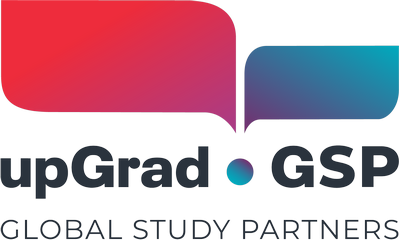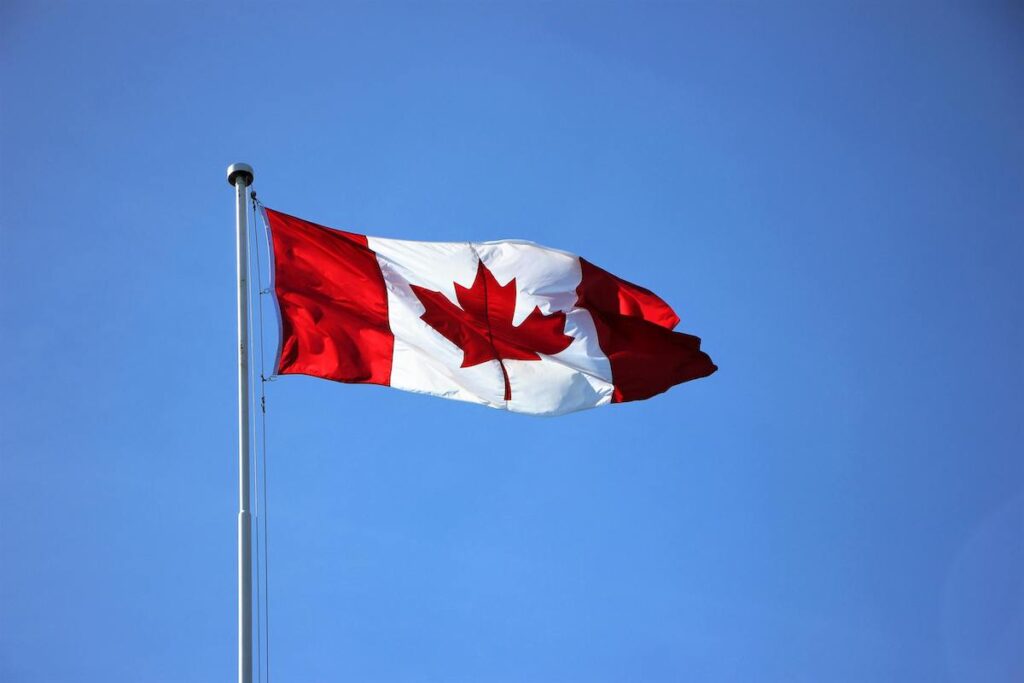In a press conference on 18 September, the Canadian government announced a further reduction in 2025 international student study permits. The announcement comes among other changes to its international student program. For next year, study permits will be capped at 437,000 – down 10% from the 2024 target of 485,000. Moreover, the intake for 2026 shall be stabilised and remain the same as that of 2025. The move is part of the country’s continued efforts to “strengthen temporary residence programs for sustainable volumes.”
Additional changes to the international student program
Besides the reduced limit, the study permit cap shall now also include master’s and doctoral students. These students were previously exempted from the original cap. Now, students enrolled in postgraduate programs will have to submit a provincial or territorial attestation letter. That said, the government stated that it will be reserving approximately 12% of allocation spaces for these students. This is to recognise the benefits they bring to the Canadian labour market.
On top of the study permit updates, Immigration Minister Marc Miller and Employment Minister Randy Boissonnault also shared additional reforms to its international student program:
Updates to the PGWP Program
The Post-Graduation Work Permit (PGWP) Program shall be updated this fall. The changes will ensure it better aligns with immigration goals and labour market needs.
As part of the changes, all PGWP applicants will be required to demonstrate a minimum language proficiency in English or French. Anyone applying for a PGWP on or after 1 November 2024 must exhibit a Canadian Language Benchmark (CLB) level 7 for university graduates and CLB 5 for college graduates. This will increase the applicant’s ability to transition to permanent residence and adapt to changing economic conditions.
Meanwhile, graduates from programs at public colleges will remain eligible for a PGWP for up to three years if they graduate from a field of study linked to occupations in long-term shortage.
Changes to work permit eligibility
Work permit eligibility shall be limited to spouses of master’s degree students to only those whose program is at least 16 months long. Similarly, eligibility will also be limited spouses of foreign workers in management or professional occupations or sectors with labour shortages – under Canada’s work permit programs (TFWP and IMP).
“The Temporary Foreign Worker Program was designed to address labour market shortages when qualified Canadians were not able to fill those roles. […] The changes we are making today will prioritize Canadian workers and ensure Canadians can trust the program is meeting the needs of our economy,” said Minister Boissonnault.
Towards sustainable growth
The Canadian government is pushing these new measures to “manage the volume of temporary resident arrivals, uphold the integrity of [its] immigration system and protect vulnerable people.”
Minister Miller commented: “We are taking action to strengthen our temporary residence programs and roll out a more comprehensive immigration plan to meet the demands of today’s changing landscape. Our immigration system must preserve its integrity, and be well-managed and sustainable. And as we look forward, we will do everything it takes to achieve that goal and set newcomers up for success.”
Previous actions
Earlier this year, Immigration, Refugees and Citizenship Canada (IRCC) employed measures to decrease its number of temporary residents, largely affecting the international student sector. These include:
- a cap on international student permit applications
- a letter of acceptance verification system
- increased financial requirements
- limited open work permit eligibility for spouses of students
- limits to the PGWP program eligibility for graduates of college programs delivered through public-private curriculum licensing arrangements
- proposed regulations that would require international students to apply for a new study permit to change schools
- adjusted off-campus work hours.
Impact on the sector
While summarising the new guidelines, Minister Miller noted the exponential growth of the temporary resident population in Canada in the last few years. The number skyrocketed from less than half a million in 2019 to around 1.2 million in 2023.
Notably, the number of international students in Canada surged by 61% from 2016 to 2022, rising from 523,971 to 844,444. This follows a consistent growth trend seen in recent years. This growth trend continued into 2023 with foreign enrolment in Canada increasing by 29% year-over-year. However, recent data from the IRCC revealed a significant decline in study permit applications and issuance in the first half of 2024. This reflects the impact of the year’s caps and their effectiveness in reaching the government’s objectives.
That said, Canada recognises the immense benefits of international students to their socio-economic landscape. International students boosted the Canadian economy by $31 billion in 2022, accounting for 1.2% of the country’s GDP. As such, stakeholders urge the government to strike a balance between achieving its goals for sustainable growth and maintaining the health of the sector.
More information on the announced changes will be shared in the coming months. To stay updated on news in Canada, keep an eye out on our newsroom. You may also get in touch with our business development experts.




